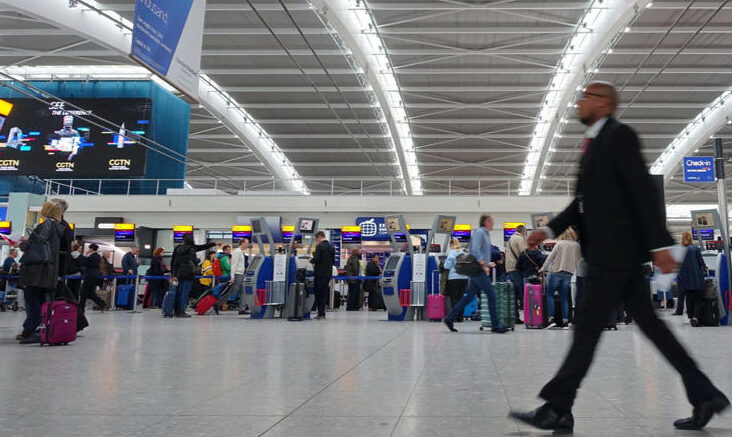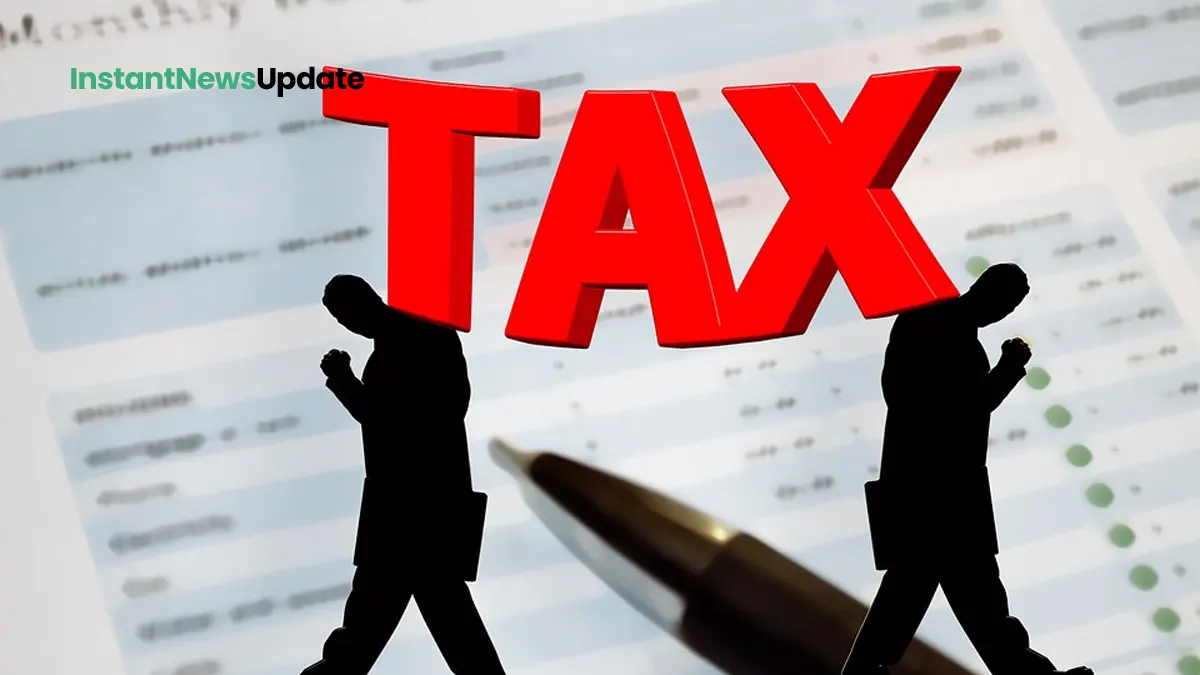Introduction:
A recent alteration in post-Brexit regulations has raised concerns among British travellers as they face potential setbacks in securing compensation for flight disruptions. This change, a consequence of the UK’s departure from the European Union, has significant implications for passengers seeking redress for flight delays and cancellations.
New Regulations Impact Compensation Rights:
In accordance with the modified rules, passengers travelling within the European Union are still entitled to accommodations and meals if their flights are disrupted, but UK-bound travellers are no longer guaranteed reimbursement for expenses incurred due to delays or cancellations. Furthermore, the provision that previously allowed passengers to claim €600 (£513) in cash compensation from airlines in cases of airline-caused delays has been rescinded.
The Independent reports that the established European air passengers’ rights regulation, EC261, which has been safeguarded by EU law for the past 17 years, has experienced a marked erosion of its applicability due to the UK’s status as a ‘third country’ post-Brexit. This alteration has considerably diminished the legal protection afforded to British travellers.
Impact on Transit Passengers:
Notably, a ruling by the European Court of Justice has determined that passengers embarking on flights from non-EU locations to British airports, via transit hubs such as Amsterdam and Paris, are no longer eligible for compensation or care rights under the previously applicable EU law. However, this ruling exclusively pertains to flights originating from EU member states. Conversely, flights departing from the UK continue to be subject to British air passengers’ rights rules, mirroring their European equivalents.
Approximately four million passengers annually traverse from non-EU destinations to the UK by means of EU airports. Even a mere one percent of these passengers encountering delays or cancellations would result in a cumulative loss of compensation payments exceeding £20 million.
Industry Expert’s Perspective:
Paul Charles, the CEO of travel consultancy firm PC Agency, has highlighted the ramifications of this shift in regulations. Charles expressed concern that UK travellers are now relegated to a “third-class” status due to their country’s “third-country” designation. He emphasized that this change further disadvantages UK travellers in comparison to their pre-Brexit status, leaving them with limited rights and fewer protections.
Charles also raised questions regarding the clarity surrounding eligibility for compensation or refunds, urging the government to provide greater transparency and potentially seek revisions to the transit travel ruling. He asserts that safeguarding rights and ensuring care in cases of delay or cancellation is essential.
Government Response and Future Initiatives:
In response to mounting concerns, the UK government has articulated its commitment to bolstering the consumer rights of air passengers in a post-Brexit landscape. The publication titled “Benefits of Brexit: How the UK is taking advantage of leaving the EU” underscores the intention to reshape air passenger consumer rights, thereby enhancing consumer confidence and trust in travel bookings.
The document outlines plans for consultations on implementing supplementary, adaptable, and modern tools to reinforce consumer rights. Government sources assert that protective measures for travellers to the UK from non-EU countries remain in place.
A spokesperson from the Department for Transport (DfT) affirms the safeguarding of passengers’ compensation rights, as enshrined in retained legislation. Additionally, the DfT has unveiled its vision for augmenting air passenger rights in the future.
Conclusion:
The shift in compensation regulations for UK travellers in the wake of Brexit has raised concerns over potential financial setbacks for passengers experiencing flight disruptions. The altered landscape necessitates clear communication and transparent guidelines to ensure that affected travellers can navigate their rights and entitlements with confidence.









